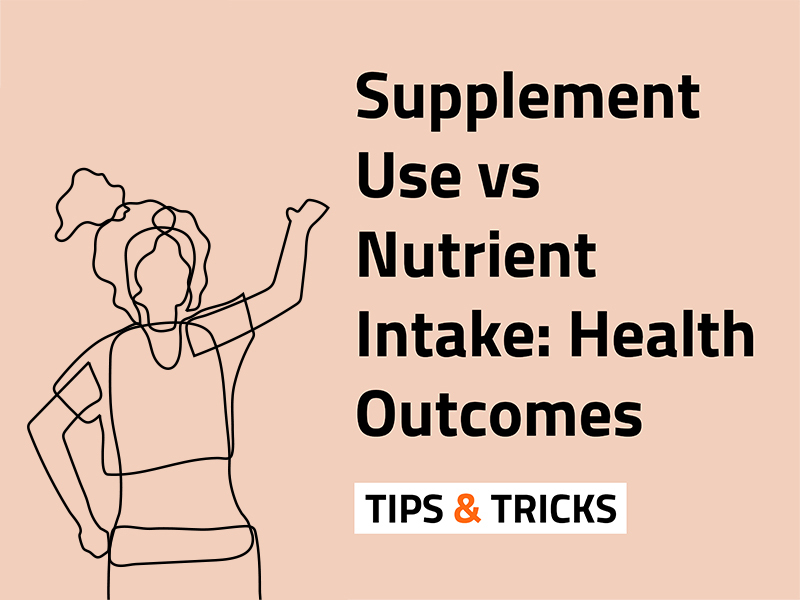NHANES was started in 1999-2000 and had 30,899 participants. According to the analysis, the deficiency of certain nutrients was detected in almost 100% of the study participants. The most frequently deficient nutrient intake was found for vitamin A (32.2%), magnesium (49.7%), vitamin D (67.4%), vitamin E (61.6%), choline (96.7%) , vitamin K (62.2%), potassium (99.1%), fibre (97.2%) and omega-3 (97.8%).
At the same time, adequate dietary intake of vitamin A, vitamin K, magnesium, zinc, and copper was associated with a reduction in total and cardiovascular mortality during 9 years of follow-up.
Unfortunately, attempts to compensate for nutritional deficiencies with dietary supplements did not have direct health benefits, and for some supplements have even been harmful. Excess calcium intake from supplements has been associated with a 1.5-fold increase in cancer mortality. Taking vitamin D at 10 mcg/day in individuals with vitamin D levels of 50 nmol/L and above was associated with a 1.3-fold increased risk of death from all causes and a 2.1-fold increased risk of death from cancer.
Why do the nutrients from supplements work differently than the same nutrients from foods? The answer to this question can be found in the food matrix concept proposed by the leading scientists several years ago. Come back to read about this concept in our subsequent articles.
